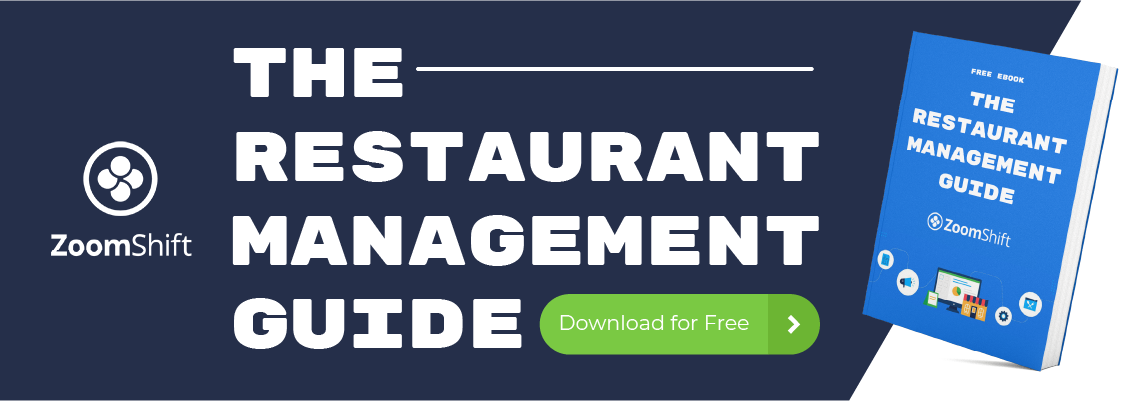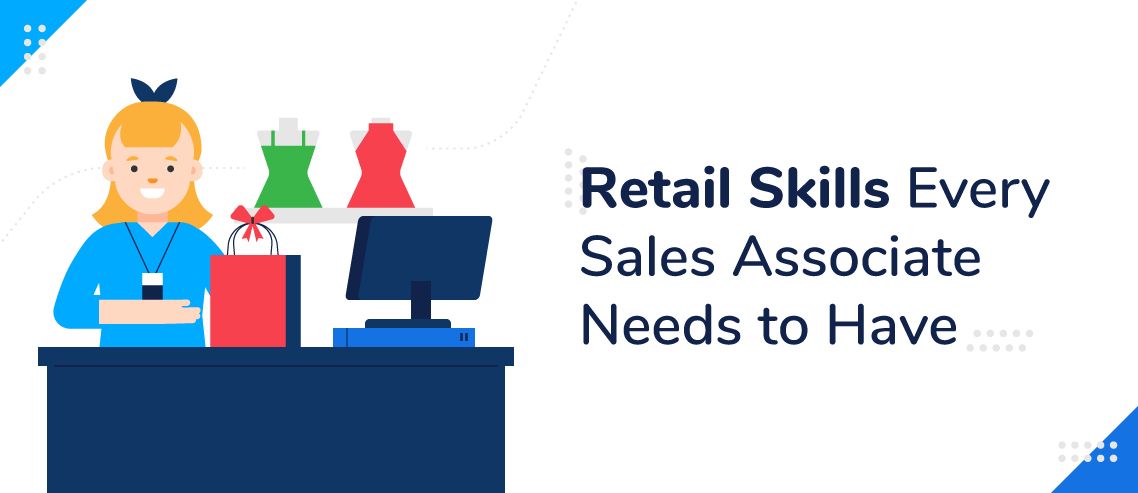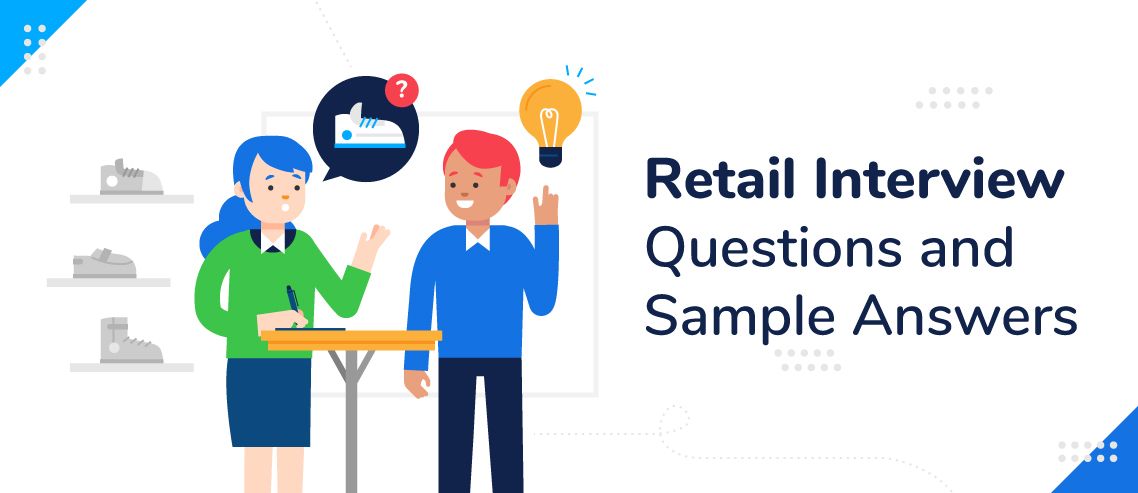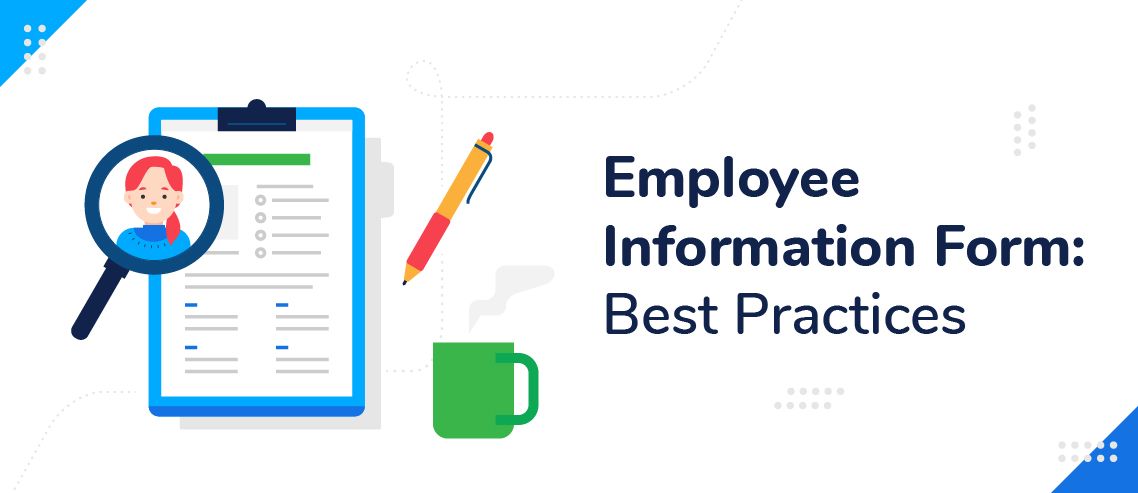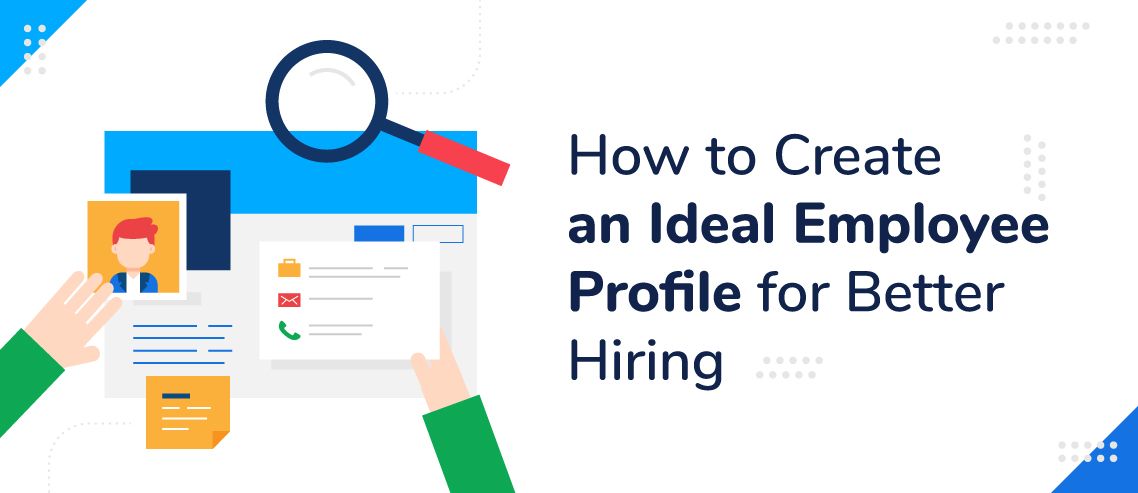35 Best Restaurant Interview Questions
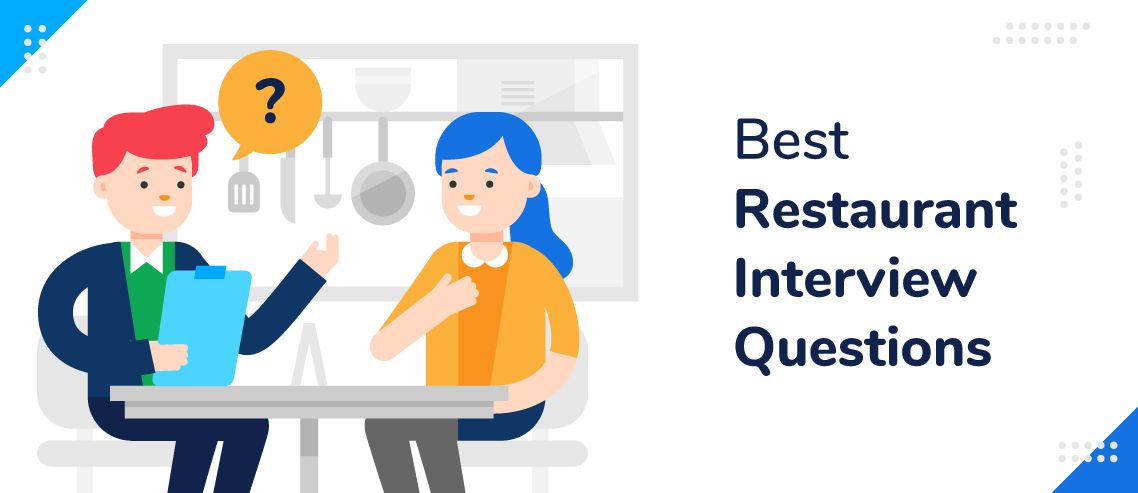
Interviewing is not most people’s idea of a fun time, but it’s a necessary step in the job search and hiring process. An interview allows you to verify and expand upon a candidate’s written application – it’s impossible to get to know someone just by reading a few pages of qualifications.
When meeting with potential new hires – especially in an industry as demanding as foodservice – it’s important to go beyond basic questions about experience and really try to get a feel for the candidate, what motivates them, and whether they would fit in with your team.
Here are 35 great questions to add to your interview list:
1. What are you excited about right now?
A healthy work-life balance is important, especially for those in the food and beverage industry. Find out their passion and start building a personal connection.
2. If you didn’t have to sleep 8 hours a night, what would you fill that time with?
Again, try to get them to open up about what goes on outside of work. What are their hobbies, what might they be putting off, what are their dreams? The answers may surprise you.
3. What would you do in the event of a zombie apocalypse?
Ask something to remove the tension. It doesn’t have to be this exact question, but be sure to have fun with your interview.
4. What draws you to foodservice?
Find out their why.
5. What interests you about this position at this restaurant?
Now that you know their why, figure out why here.
6. Have you dined at our establishment before?
If they have and have good things to say, it shows commitment and genuine interest. If they lie and it’s apparent they’re shaky about their answer, it can tell you something about them as well.
7. When was a time you went out of your way to really delight a guest?
The restaurant business is all about creating positive experiences.
8. What do you hope to learn working here?
See if it’s all about a paycheck or if they have greater ambitions.
9. What’s your greatest strength?
No need to be humble or modest here. Find out what sets them apart from others.
10. What does hospitality mean to you?
Get a feel for how they like to be treated and see how close their definition aligns with the actual definition and your own vision of hospitality.
11. Tell me about the best boss you ever had.
The values they share about their best boss are important to them and help you find out if they’re a culture fit.
12. Why are you leaving your current job?
Are they ambitious and loyal? Or are they bouncing around for an extra 50 cents an hour?
13. If hired, how long do you plan on staying here?
A direct question that will help determine their intentions.
14. Do you have any food allergies?
Easy question, but one you don’t want to forget to ask.
15. What hours are you available to work?
Another basic question, but dig deeper here and ask if there’s any reason those hours would change.
16. How do you feel about tip sharing?
If applicable of course. It’s better to be upfront about these things than create animosity later.
17. Do you have any mnemonic tools or tricks for remembering orders?
Get a good feel for their skills and experience upfront.
18. Do you prefer working in a team or alone?
Nothing wrong with wanting to work alone, but the answer could uncover whether they’re a team player or not.
19. How do you handle people who aren’t pulling their weight?
Every workplace has that person. See if they’re creative in their solutions or take a leader’s approach. This could signify leadership material early on.
20. Tell me about the most difficult customer you ever had.
Find out how they handled it.
21. Are there people you’d refuse to serve?
Prejudice is still a problem in the 21st century and a simple question like this can reveal a lot.
22. How would you handle a customer trying to use an expired coupon?
Every restaurant’s policy is different, but it’s a great indicator of how they react under pressure.
23. What’s the most common reason you’d be late for a shift?
Even dependable and punctual employees are late from time to time. It’s good to call this out early and see how they handle it.
24. Tell me about a time you made a mistake on the job and how you went about fixing it.
Everyone makes mistakes – especially in restaurants. See if they’re capable of recognizing flaws and if they work proactively to resolve them.
25. What questions do you have for us?
Always end a little early so they can ask you questions. How prepared they come and the quality of their questions can tell you a lot in a short amount of time.
26. What are your career goals?
A few candidates may say that they cherish the opportunity to delight customers or that they want to own their own restaurant, but chances are they have other pursuits or are going to school on the side. Knowing a person’s ambitions makes it easier to motivate them.
27. How would you define being a “team player” in the restaurant industry?
A kitchen or restaurant is only as good as its weakest link, so it’s imperative that you get a feel for why they’re here and how well they interact with others.
28. How would you resolve a conflict involving another coworker?
Restaurants employ all types of people, which can naturally lead to disagreements, feuds, and even fighting from time to time. Help them formulate a plan upfront so you’re both on the same page as to how it ideally should get handled.
29. Would you consider yourself a patient person? If so, please explain.
The vast majority of candidates will answer yes. The explanation part is where you’ll reveal some interesting tidbits regarding their definition of patience.
30. When you’re dining out, is there anything servers do or don’t do that gets on your nerves?
The quality of their answer will reveal their industry experience and give you a sense of their pet peeves. Chances are if they’re annoyed by something, then they’ll often do the exact opposite.
31. How would you describe the difference between good customer service and excellent customer service?
Delighting people to encourage repeat visits is huge in the restaurant industry. What does “going the extra mile” mean to them?
32. Would you rather miss a deadline to ensure the details are correct or miss a detail to ensure you meet a deadline?
A successful restaurant balances accuracy and speed, so the answer here will tell you a lot about their problem-solving skills and priorities.
33. Tell me about a time you knowingly broke the rules at a previous job.
Every restaurant has rules in place for a reason. However, it’s important to bend such rules from time to time if it enhances the customer’s experience.
34. Are you more likely to cover up a mistake or point it out?
Integrity is the single most important quality in a candidate. Any wavering on this question might reveal they’re not a good fit.
35. How do you feel about coming in early, staying late, or picking up an extra shift here and there when we get busy?
Flexibility is everything for a busy restaurant, and knowing upfront how eager they are to work and be a team player will help you make the best hiring decision.
Your investigation doesn’t have to end when the interview’s over. If you get a good vibe and want to be absolutely certain they have potential, then hire them for the weekend. Pay them to spend 20 hours on the job with your crew. Let them figure out if it’s a fit for them and get feedback from your staff while you’re at it. That way you can validate your hiring decision and won’t be wasting anyone’s time in the long run.

Restaurant Interview Best Practices
1. Come to the table with specific examples of your accomplishments. Over your career, it’s crucial to reflect and notate all of your wins. That way, when you go up for an interview, you can easily rattle off specific customer examples, awards, and other accomplishments that may help you stand out as an ideal candidate.
2. Dress for the job you want, not the one you have. It’s rare to overdress for an interview. When in doubt, go dressier than you think. It’s especially important if you don’t have the skills or experience to bank on. Just because you’re a dishwasher now doesn’t mean you can’t jump ahead because you dressed nicely, communicated effectively, and showed enthusiasm and an eagerness to learn.
3. Bring a physical copy of your resume and cover letter. Even if you filled it out online, it’s good to have a paper copy they can review as the interview goes on. It shows you’re prepared, and it puts a face with your resume, which may come in handy if they’re interviewing dozens of candidates.
4. Bring something to take notes onand use it. Hiring managers are often giving out a lot of details about the role, the restaurant, and advice on how to be successful. Show you’re listening by repeating what they say and jotting it down. It shows enthusiasm for the role and that you value their time and advice.
5. Rehearse a few great interview questions of your own. There’s a good chance they’ll ask if you have any questions, and often the caliber of your questions can help you stand out. Come up with 4-5 questions beforehand, just in case they answer some of yours during the interview. Think outside the box and try to challenge them a bit. Dig deeper than, “can we wear jeans?” Ask about the bigger picture of the restaurant or what the hiring manager’s goals are this year.
6. Follow up with every manager you met. Following up is the single most important thing you can do to stand out. Often people will nail the big stuff, and the hiring manager needs little things to decide between candidates. Follow up via email, express gratitude for the opportunity, show enthusiasm about the prospect of working there, and let them know you’re available for any follow-up interviews or questions they may have.
Getting More Done With Restaurant Scheduling Software
Once you’ve hired new employees, it’s vital that you onboard and retain them with the #1 restaurant scheduling tool: ZoomShift.
The power of ZoomShift enables you to orient new staff to your rules and procedures in minutes, not hours. Once you’ve added them into the software, instruct them to download ZoomShift on the Google Play Store or the Apple App Store. Both apps are easy to navigate and jam-packed with useful features.
Next up, show them on the app how easy it is to see their schedule, clock-in, log breaks, clock-out, cover shifts, and request time off. If you or they have more questions about navigating ZoomShift, head over to our help site.
What’s on your go-to list of interview questions? Share your favorites in the comments below:
JD enjoys teaching people how to use ZoomShift to save time spent on scheduling. He’s curious, likes learning new things everyday and playing the guitar (although it’s a work in progress).
